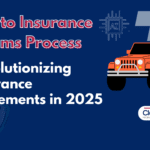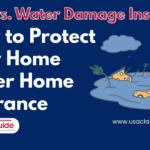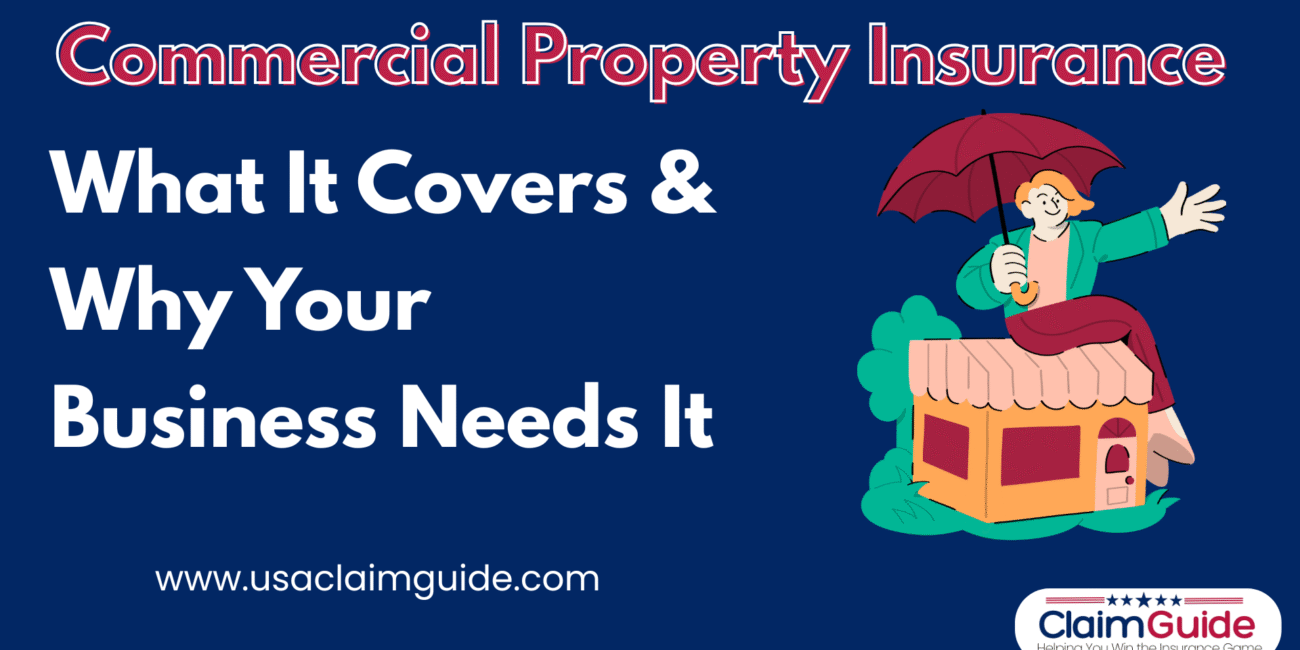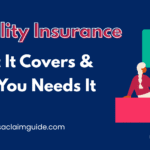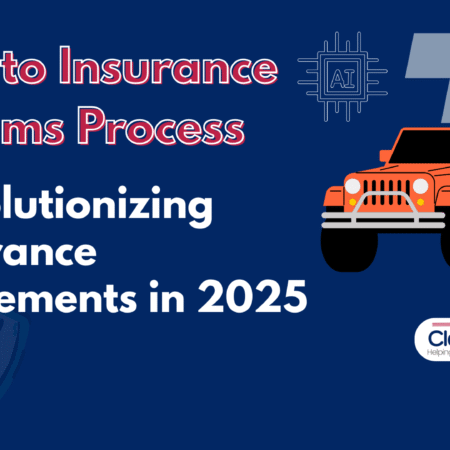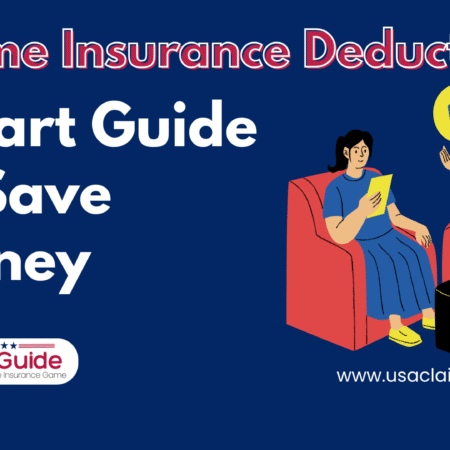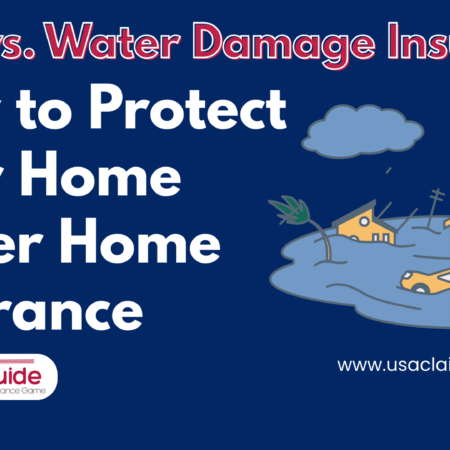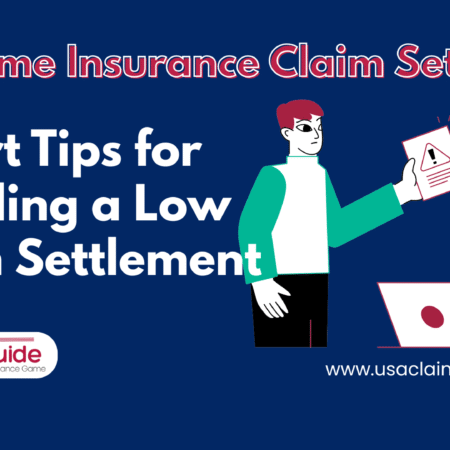Running a business in the United States comes with countless responsibilities but few are more critical than protecting the physical property that keeps your operation running. Whether you own a boutique retail space, lease a commercial warehouse, or manage a chain of office buildings, having reliable commercial property insurance coverage for U.S. businesses is essential for safeguarding your assets and ensuring business continuity.
Unlike general liability policies that focus on third-party injury or damages, commercial property insurance for small businesses in the U.S. is designed specifically to cover the physical structure, contents, and sometimes even loss of income after unexpected events like fires, storms, or theft. In today’s unpredictable climate where natural disasters, vandalism, and break-ins are on the rise no business can afford to go without this vital protection.
One of the key advantages of affordable commercial property insurance for retail and office buildings is that it’s customizable. From basic property coverage to comprehensive policies that include business interruption and equipment breakdown, you can tailor your protection based on your industry, location, and risk profile. This flexibility makes it especially valuable for business owners with unique needs, such as restaurants, healthcare facilities, or manufacturing plants.
Moreover, best commercial building insurance policies in the U.S. aren’t just about reacting to disasters they’re also about business resilience. A strong policy ensures that when damage occurs, you can quickly recover, repair, and resume operations without exhausting your capital or going into debt. That’s why commercial insurance is more than just a checkbox—it’s a strategic financial asset.
With the right insurer, you can get custom commercial property insurance quotes online, evaluate coverage options, and lock in a policy that supports your long-term business goals. It’s not just about what you pay for premiums it’s about what you stand to lose without it.
In this guide, we’ll walk you through everything you need to know from how these policies work, to what they cover, who needs them, and how to file a claim so you can make informed decisions and choose the best commercial property insurance for your business.
Commercial Property Insurance in the U.S.: Everything You Need to Know
When you run a business in the United States, safeguarding your physical assets is a vital part of maintaining long-term stability. One of the most effective ways to protect your property, equipment, and inventory is through Commercial Property Insurance in the U.S. Whether you own an office building, lease a retail storefront, or operate out of a warehouse, this insurance can be a critical safety net in case of unexpected disasters.
In this guide, we’ll cover everything you need to know about commercial property insurance, how it works, what it covers, common questions, claim procedures, cost factors, and key considerations before purchasing a policy.
What is Commercial Property Insurance?
Commercial Property Insurance is a type of business insurance that provides financial protection against damage or loss to physical assets owned or leased by a company. These assets typically include buildings, equipment, furniture, inventory, and sometimes even landscaping or outdoor signs.
It is designed to help businesses recover quickly after incidents such as fire, theft, vandalism, or natural disasters by covering the cost of repairs or replacements.
How Does Commercial Property Insurance Work?
When a covered event occurs such as a fire or break-in the policyholder files a claim with their insurance company. The insurer will then assess the damage and, based on the terms of the policy, reimburse the business owner for the repair or replacement costs of the damaged property.
Here’s how the process generally works:
- Purchase a policy with specific coverage limits and deductibles.
- An incident occurs (e.g., storm damage).
- You file a claim with your insurance company.
- An adjuster assesses the damage and determines compensation.
- You receive payment (minus the deductible), which you can use for repairs or replacements.
Who Insures a Commercial Property?
Commercial Property Insurance in the U.S. is offered by a wide range of insurance carriers, including:
- National providers like State Farm, Travelers, The Hartford, Nationwide, and Chubb
- Regional and local insurers
- Brokers and independent agents who shop policies from multiple insurers
Business owners, landlords, and tenants may all purchase commercial property insurance, depending on their responsibility under lease agreements.
What Does Commercial Property Insurance Cover?
Coverage can vary between policies, but typical Commercial Property Insurance in the U.S. includes protection against:
- Fire and smoke damage
- Storms (excluding floods)
- Vandalism
- Theft and burglary
- Explosion
- Damage from vehicles or aircraft
- Sprinkler leakage
- Electrical surges
Covered property may include:
- The physical building (if owned)
- Business personal property (equipment, inventory, furniture)
- Fixtures and fittings
- Exterior signs
- Fencing and landscaping (in some cases)
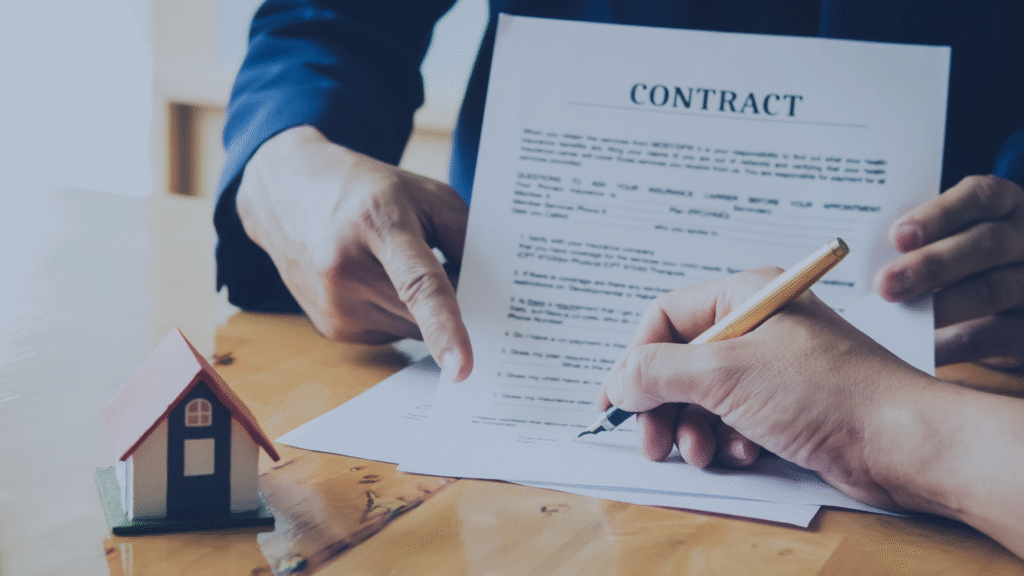
Is Commercial Property Insurance Tax Deductible?
Yes, Commercial Property Insurance premiums are tax-deductible as an ordinary business expense under IRS guidelines. If you’re using insurance to protect your business property, it can be written off on your federal tax return. However, it’s always best to consult with a tax professional or CPA for tailored advice.
What is Commercial Property Coverage?
Commercial Property Coverage refers to the specific protections and limits within your insurance policy. It outlines:
- Which properties are insured
- The perils that are covered
- The value basis for compensation (actual cash value vs. replacement cost)
- Deductibles and policy limits
This coverage can be purchased as a standalone policy or bundled in a Business Owner’s Policy (BOP), which also includes liability protection.
What is Commercial Building Insurance?
Commercial Building Insurance is a subset of commercial property insurance specifically focused on the structure itself. If you own the building your business operates in, this insurance covers damage to:
- Walls, roof, floors
- Windows and doors
- Plumbing, HVAC, and electrical systems
If you lease space, your landlord likely carries this insurance—but you may still need your own policy for interior improvements and business contents.
How Much Does Commercial Property Insurance Cost?
Costs can vary widely based on:
- Location of the property (risk of hurricanes, wildfires, crime, etc.)
- Value of the property and assets
- Type of business and risk level
- Coverage limits and deductibles
- Building construction and security features
On average, small businesses in the U.S. pay between $1,000 and $3,000 annually for commercial property insurance, but high-risk industries or high-value assets may push costs higher.
How Do Commercial Insurance Claims Work?
Here’s a simplified process for commercial property insurance claims:
- Report the incident immediately to your insurer.
- Document all damage with photos, videos, and detailed descriptions.
- Provide receipts or proof of value for lost or damaged items.
- Cooperate with the claims adjuster who inspects the damage.
- Review the insurer’s settlement offer and negotiate if needed.
- Receive payment and begin repairs or replacement.
Claims may be denied if the event isn’t covered, if documentation is insufficient, or if policy conditions weren’t met.
What is the 80% Rule in Property Insurance?
The 80% Rule requires property owners to insure their property for at least 80% of its replacement cost. If you insure for less, the insurer may reduce the payout proportionally during a claim.
Example:
- Replacement cost: $1,000,000
- You insure it for: $600,000 (60%)
- You file a $100,000 claim
- Insurer only pays: $75,000 (based on 60% coverage)
This rule ensures businesses don’t underinsure their properties to save on premiums.
How to Claim Commercial Property Insurance Online
Most insurance providers in the U.S. now offer convenient online claims processing. Here’s how to do it:
- Log into your insurer’s portal (e.g., State Farm, Nationwide)
- Locate the “File a Claim” section
- Submit a claim form with incident details
- Upload supporting documents (photos, police report, invoices)
- Track your claim status through your account
Some insurers even offer mobile apps that allow you to upload evidence directly from your phone.
Things to Consider Before Buying Landlord Commercial Property Insurance
If you’re a landlord or property owner leasing commercial spaces, consider:
- Tenant responsibilities outlined in lease agreements
- Liability coverage for tenant-related incidents
- Loss of rental income (business interruption coverage)
- Vacancy clauses that may affect coverage if spaces are unoccupied
- Bundling discounts if you insure multiple buildings
Also, confirm whether your policy covers structural improvements made by tenants.
Does Commercial Property Insurance Cover Roof Damage or Leaks?
Yes, commercial property insurance generally covers roof damage caused by covered perils such as hail, wind, or fire. However:
- Wear and tear is not covered
- Negligence or lack of maintenance can void claims
- Gradual leaks or rot may not be covered unless due to a specific event
Always review your policy exclusions and consider roof inspections for risk mitigation.
Read More: Roof Damage Insurance : Complete Guide to Claims, Coverage, & Payouts for Hail & Wind Storms

Does Commercial Property Insurance Cover Theft?
Yes, theft and burglary are typically covered, including:
- Stolen inventory
- Stolen equipment
- Vandalized property
However, insurers may require security systems, alarms, or locks. Coverage limits may apply depending on the policy.
Does Commercial Property Insurance Cover Fire?
Yes, fire damage is one of the core coverages under nearly all commercial property insurance policies. It usually includes:
- Structural repairs
- Contents replacement
- Smoke and water damage
- Debris removal
Fire is considered a basic peril, and even BOPs include fire coverage by default.
Helpful Government and Official Resources
Here are some trustworthy resources related to Commercial Property Insurance in the U.S.:
- National Association of Insurance Commissioners (NAIC)
- U.S. Small Business Administration (SBA) – Insurance for Businesses
- Federal Emergency Management Agency (FEMA)
- IRS – Deducting Insurance Premiums
Final Thoughts: Protect Your Business with the Right Insurance
Investing in Commercial Property Insurance in the U.S. is not just about peace of mind—it’s a financial safeguard that can make the difference between temporary downtime and permanent closure. Whether you’re a small business owner, landlord, or tenant, understanding your risks and securing proper coverage is essential.
Make sure to:
- Compare multiple quotes
- Work with a licensed broker
- Read the fine print of your policy
- Assess your risk exposure regularly
Being proactive today could save your business tomorrow.


